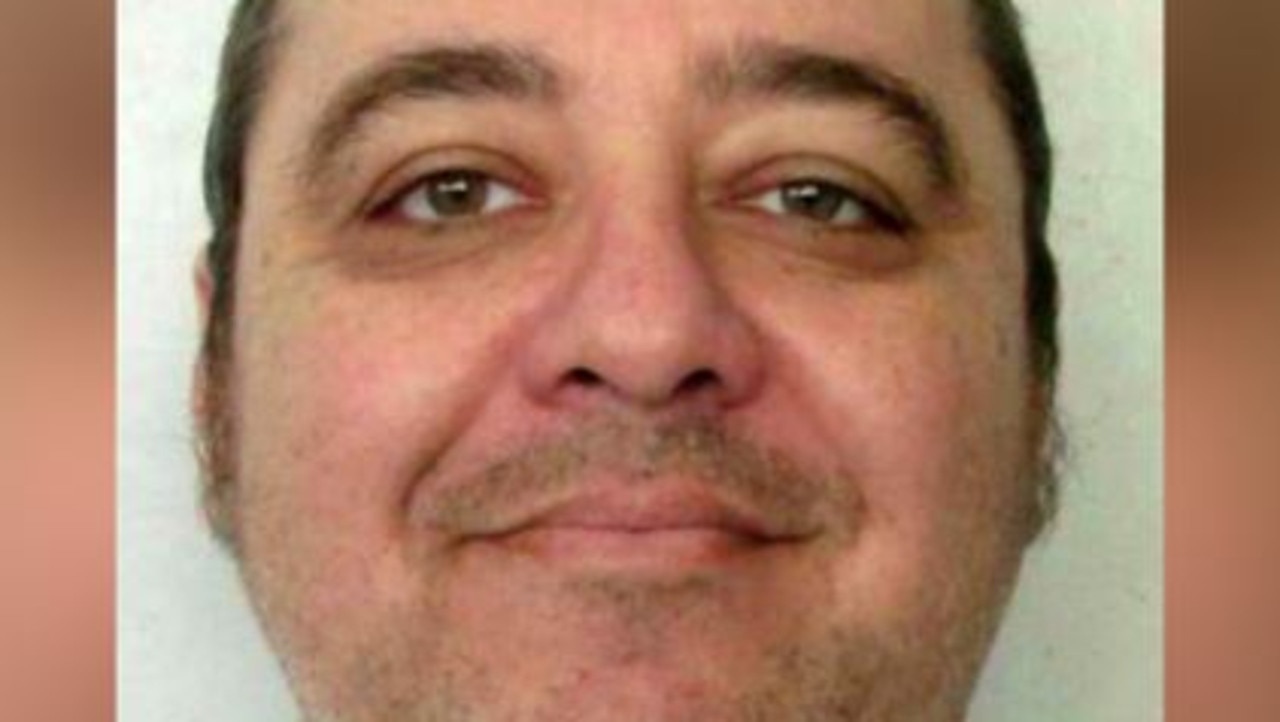[ad_1] Alabama may become the first state to execute a prisoner by making him breathe pure nitrogen, a death penalty method that is authorised by th
[ad_1]
Alabama may become the first state to execute a prisoner by making him breathe pure nitrogen, a death penalty method that is authorised by three states but has never been used.
The office of Alabama Attorney-General Steve Marshall asked the state Supreme Court in a court filing on Friday to set an execution date for 58-year-old death row inmate Kenneth Eugene Smith. The filing revealed Alabama intends to put him to death by nitrogen hypoxia, Fox News reports.
Smith was one of two men convicted in the 1988 murder-for-hire killing of a preacher’s wife.
“It is a travesty that Kenneth Smith has been able to avoid his death sentence for nearly 35 years after being convicted of the heinous murder-for-hire slaying of an innocent woman, Elizabeth Sennett,” Marshall said in a statement.
Nitrogen hypoxia is caused by forcing the inmate to breathe only nitrogen, which deprives them of oxygen and kills them. The air inhaled by people includes 78 per cent nitrogen but is harmless when inhaled with oxygen.
Alabama authorised nitrogen hypoxia in 2018 during a shortage of drugs used to carry out lethal injections, but the state has not used the method to carry out a death sentence. Oklahoma and Mississippi also authorised nitrogen hypoxia as an execution method but have not used it.
Proponents of the new execution method have claimed it would be painless, but opponents have argued that it is a form of human experimentation. The new revelation that Alabama is preparing to use nitrogen hypoxia is expected to spark new legal battles over its constitutionality.
The Equal Justice Initiative, a legal advocacy group that opposes the death penalty, said Alabama has a history of “failed and flawed executions and execution attempts” and “experimenting with a never before used method is a terrible idea.”
“No state in the country has executed a person using nitrogen hypoxia and Alabama is in no position to experiment with a completely unproven and unused method for executing someone,” Equal Justice Initiative senior attorney Angie Setzer said.
Alabama attempted to execute Smith by lethal injection last year but failed to carry it out because of issues with inserting an IV into his veins. This was the second time in two months and the third since 2018 that the state was unsuccessful in putting an inmate to death. Republican Gov. Kay Ivey announced the day after Smith’s failed execution that executions would be paused to allow an internal review of lethal injection procedures.
Lethal injections in Alabama resumed last month.
The state has been working to develop the nitrogen hypoxia execution method for several years but has not revealed many details about its plans. Corrections Commissioner John Hamm told reporters last month that a protocol was nearly complete.
The attorney general’s court filing did not disclose the details of how the execution would be carried out.
Smith and several other Alabama inmates attempting to block their executions by lethal injection have argued they should be allowed to die by nitrogen hypoxia.
Elizabeth Sennett was found dead in the home she shared with her husband in Colbert County on March 18, 1988. Prosecutors said Smith was one of two men who were each paid $1,000 to kill Sennett on behalf of her husband, who was in huge debt and wanted to collect insurance money.
The victim’s husband and a pastor at the Church of Christ, Charles Sennett, killed himself when the investigation began looking at him as a possible suspect, according to court documents. The other man convicted in the killing was executed in 2010.
This article originally appeared in Fox News and has been reproduced with permission
[ad_2]
Source link



COMMENTS